Comrade Tran Phu - the first General Secretary of our Party was born on May 1, 1904 in a family of patriotic Confucian scholars in An Tho village, An Dan commune, Tuy An district, Phu Yen province. Although he died at a very young age, our Party and People always remember him, remember his great contributions to the revolutionary cause, remember the indomitable and loyal Communist, the excellent student of President Ho Chi Minh , the excellent son of the Party and the People.
Career…
Born into a patriotic Confucian family, he lost his father at the age of 4 and his mother at the age of 6. During his childhood, he witnessed the suffering of the working class under the oppression and exploitation of the colonial and feudal governments; together with the historical, cultural and revolutionary traditions of his homeland, he cultivated in himself a love for his homeland and country, hatred for the invaders and their lackeys, and the will to rise up and find a way to save the country. He became an excellent student of President Ho Chi Minh, an excellent son of the Party and the People. From the age of 14, he studied at the Hue National School. In June 1922, he passed the Thanh Chung exam at the Hue National School and was appointed as a teacher at Cao Xuan Duc Primary School in Vinh (Nghe An). In mid-1925, he joined the Phuc Viet Association (later renamed the Hung Nam Association and Tan Viet Revolutionary Party), an organization of patriotic intellectuals. In September 1925, he went to Laos to campaign for revolution. In 1926, he participated in activities such as the movement to demand the French colonialists to return freedom to patriot Phan Boi Chau, organizing the memorial service for Phan Chu Trinh, and opening a class to teach the national language. In June 1926, the Phuc Viet Association sent him and a number of members to Guangzhou (China). He attended the second political training course taught directly by leader Nguyen Ai Quoc and was admitted to the Vietnam Revolutionary Youth Association. After completing the course, in October 1926, he was admitted to the Communist Youth Union and was assigned by the Youth General Department to go to Central Vietnam to build and develop the Association's base. In early January 1927, he returned to Guangzhou; here, he was sent by leader Nguyen Ai Quoc to the Soviet Union to study at the Oriental University. In early November 1929, after graduating from the Oriental University, he received instructions from the Communist International and secretly boarded a ship to Leningrad to begin his journey back home to work. On February 8, 1930, he arrived in Saigon. A few days later, he went to Hong Kong and met leader Nguyen Ai Quoc. He introduced him to join the Provisional Executive Committee (Provisional Central Executive Committee). In April 1930, he returned to Hai Phong. In July 1930, he was added to the Provisional Executive Committee and assigned to draft the Party's Political Platform. In October 1930, in Hong Kong (China), the first conference of the Party Central Committee discussed and unanimously approved the Political Platform drafted by him. The conference decided to change the name of the Communist Party of Vietnam to the Indochinese Communist Party. At this conference, he was elected the first General Secretary of the Party. As General Secretary of the Party, he directly chaired: the Central Party Standing Committee Conference in December 1930, the Central Party Standing Committee Conference in January 1931 and the Second Central Party Executive Committee Conference in Saigon in March 1931. Under his chairmanship, the Central Committee's resolutions during this period contributed to bringing the Indochinese revolutionary movement to new heights. On April 18, 1931, he was arrested by the enemy at No. 66, Champanho Street (now Ly Chinh Thang Street, Ho Chi Minh City) and detained at the Saigon Central Prison. Under the brutal torture and harsh regime of the imperialist prison, on September 6, 1931, he breathed his last at Cho Quan Hospital, Saigon. On January 12, 1999, the Party and State solemnly held a memorial service for comrade Tran Phu in Ho Chi Minh City and moved his remains to be buried at Quan Hoi Mountain, Tung Anh Commune, Duc Tho District, Ha Tinh Province.
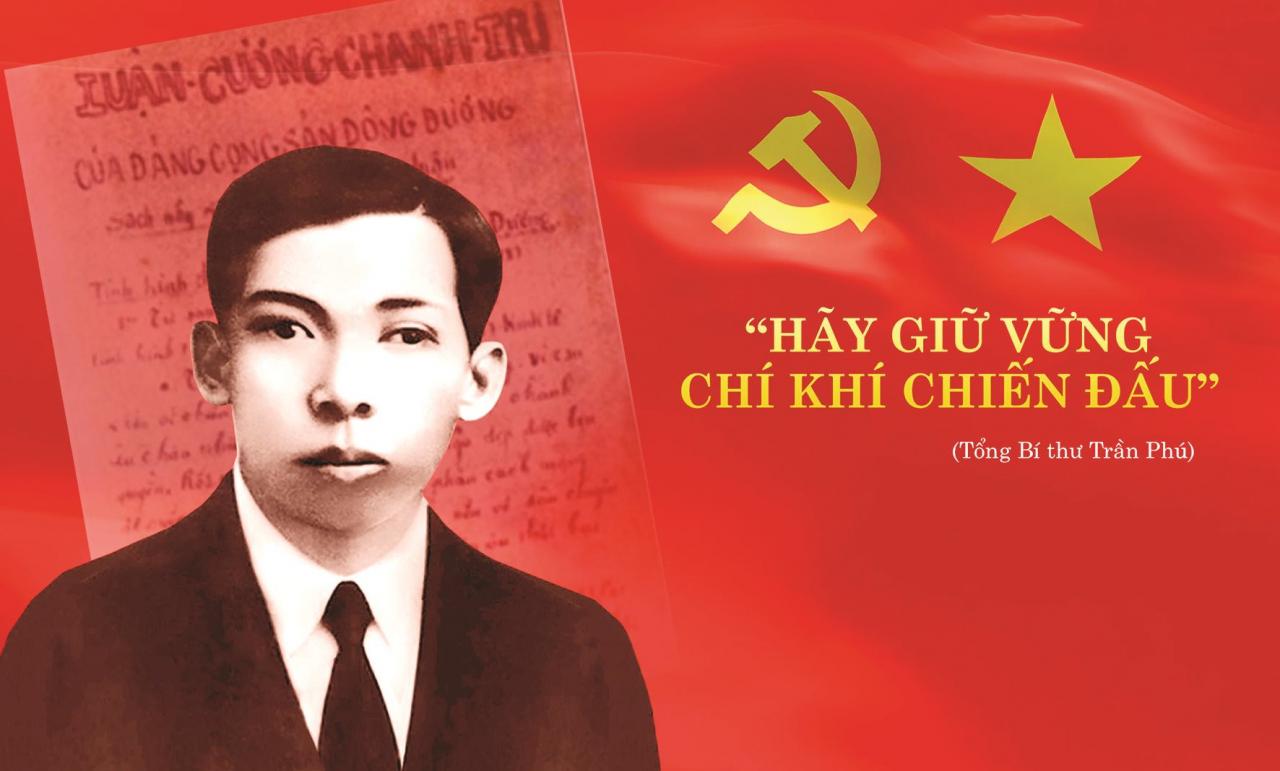
Great contributions
During his time studying at Hue National School, he made friends with many fellow countrymen with the same aspirations such as Ha Huy Tap, Ha Huy Luong, Tran Van Tang, Tran Mong Bach, Ngo Duc Dien... They established the "Thanh nien tu tien hoi" group to read books together, exchange and help each other in life, encouraged by the example of former Hue National School student Nguyen Tat Thanh (then known as Nguyen Ai Quoc) with his famous revolutionary activities abroad. In 1922, after graduating from Hue National School, with the aim of contributing to training a generation of people with aspirations, benefiting the people and the country, Tran Phu chose to teach at Cao Xuan Duc Primary School (Vinh city, Nghe An). With all his enthusiasm, he instilled in his students patriotism and pride in the heroic and indomitable fighting tradition of his homeland and nation. The turning point in his revolutionary life was at the end of 1926, when he was sent to Guangzhou (China) to contact the Vietnam Revolutionary Youth Association. Here, he met leader Nguyen Ai Quoc and attended a cadre training course taught by him. Nguyen Ai Quoc's lectures at the training course equipped him with basic knowledge about the proletarian revolution and the theory of Marxism-Leninism, so that from a young man with patriotic revolutionary thoughts, he changed to a proletarian revolutionary stance. In July 1930, he was assigned the task of preparing a draft of the Political Platform. The October 1930 Political Platform of the Party was the intellectual product of the Central Executive Committee, but it bore his personal mark as the person who directly drafted it. The main content of the Political Platform presents the strategic and tactical issues of the Vietnamese revolution, including three major parts: the world situation and the Indochina revolution; characteristics of the situation in Indochina; the nature and tasks of the Indochina revolution. Based on the analysis of the world and domestic situation, social characteristics and class conflicts in Indochina, the draft Political Platform clearly states that the nature of the revolution in Indochina is a bourgeois democratic revolution. Regarding the leadership role of the Party, the draft Political Platform emphasizes: “The essential condition for the victory of the revolution in Indochina is the need for a Communist Party with a correct political line, discipline, concentration, close contact with the masses, and matured through struggle. The Party is the vanguard of the proletariat in Indochina, and leads the proletariat of the Indochina class to fight to achieve the ultimate goal of the proletariat, which is communism”. In the context of our Party's recent establishment, the theoretical level within the Party was still limited, the Political Platform was an effort to absorb and apply the colonial and semi-colonial revolutionary line of the Communist International to the situation in Indochina. The theoretical contribution of the draft Political Platform was to clarify the purpose, tasks, steps, revolutionary motivation, the leadership role of the proletariat and the Communist Party, and the importance of the strength of international solidarity for the Vietnamese revolution. Together with the Brief Platform and Brief Strategy drafted by Leader Nguyen Ai Quoc and approved at the Unification Conference in early 1930, the Political Platform contributed to clearly defining the development path of the Vietnamese revolution, leading the revolution to overcome all challenges and achieve glorious victory. In the context of being severely terrorized by the enemy, in his capacity as the first General Secretary of the Party, Comrade Tran Phu and the Central Executive Committee led the implementation of the Resolutions of the First Central Conference with a huge and important workload and prepared documents for the Second Conference of the Party Central Executive Committee (March 1931). With the content discussing the current tasks of the Party, focusing on strengthening the Party's strength through organizational issues, the Resolution of the Second Central Conference is a document that highlights Comrade Tran Phu's contributions to the theory of Party building. Comrade Tran Phu led, directly drafted and completed the documents, and implemented the development of Party organizations, political organizations, unions, and mass associations to gather and unite all people's forces under the leadership of the Party. A series of important documents were passed directly related to Party organization, mass mobilization work, front work, laying the foundation for the establishment of the Anti-Imperialist Alliance, the establishment of organizations: Labor Union, Peasant Association, Youth Union, Women's Union, Red Relief Association... Under the direction of General Secretary Tran Phu, many important policies on propaganda work were decided. In which, the Resolution of the Central Committee of the Second Conference emphasized the task of strengthening the working class character of the Party, especially in the leadership team. The principles of Party organization must be strictly implemented. The Party must include the most advanced workers; each Party member must be an enthusiastic activist, participate in Party activities and Party work, and become an active element of the Party. Party discipline is iron discipline based on the principle of democratic centralism. Upholding the principles in building a new-style Party of the working class in terms of ideology and organization, proposing issues to improve the Party's capacity and fighting strength through strengthening the working class character, resolutely fighting against opportunism is a valuable contribution of theory and practical guidance by comrade Tran Phu to the task of building the Party in a small-scale peasant country like ours. Today, these viewpoints still hold true in the work of building the Party... On April 18, 1931, he was captured by the enemy in Saigon. In the face of the enemy's tricks, comrade Tran Phu set a shining example of absolute loyalty to the Party and the revolution, of indomitable spirit, and of fighting steadfastly against the enemy. On September 6, 1931, before his sacrifice, he still sent his comrades and compatriots the immortal words: "Keep up the fighting spirit"; Comrade Tran Phu left behind for future generations a shining example of a steadfast communist soldier, dedicating his entire life to the revolutionary cause of the Party and the nation.
Source


![[Photo] Cuban artists bring "party" of classic excerpts from world ballet to Vietnam](https://vphoto.vietnam.vn/thumb/1200x675/vietnam/resource/IMAGE/2025/6/26/797945d5d20b4693bc3f245e69b6142c)
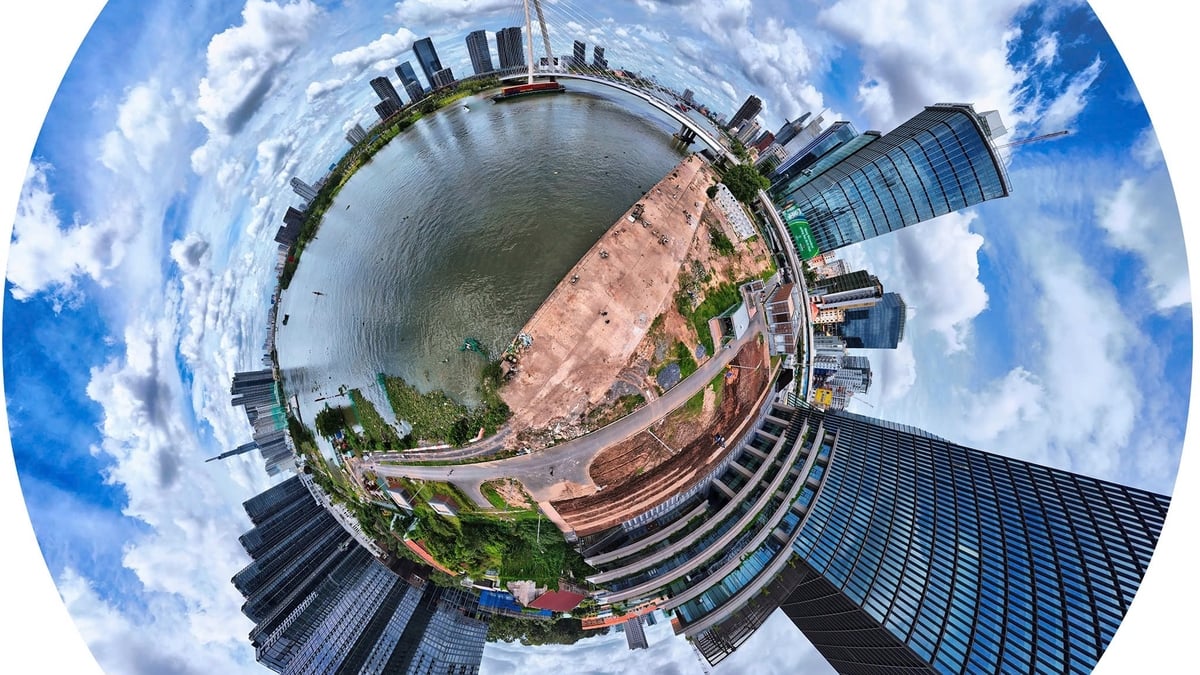






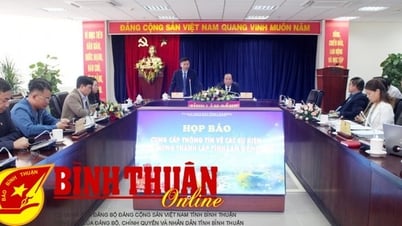

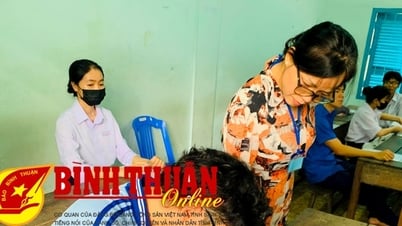

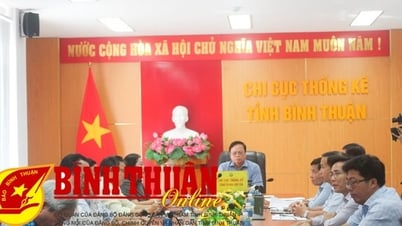




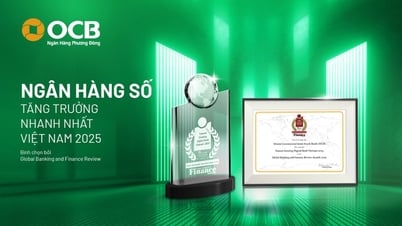
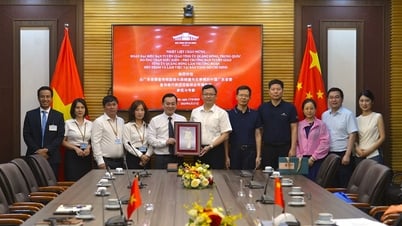
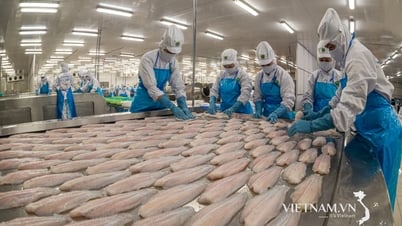
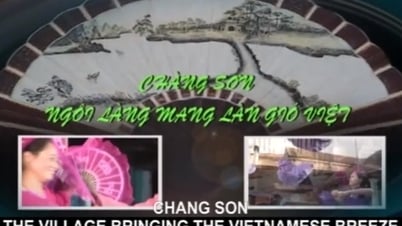
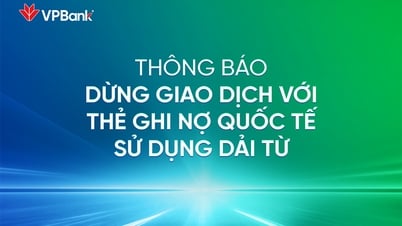
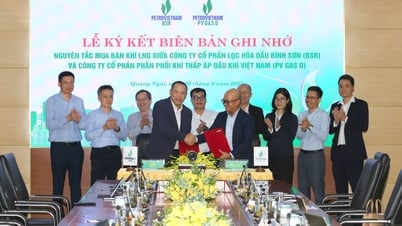
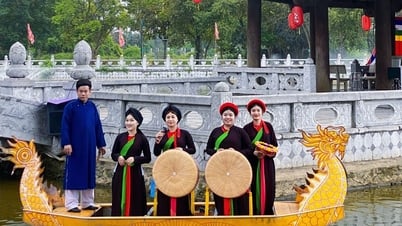

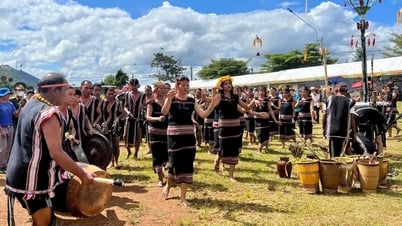

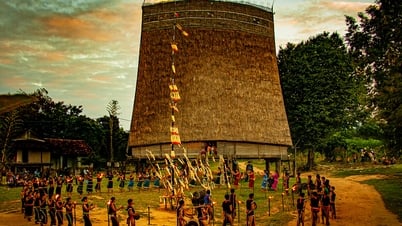



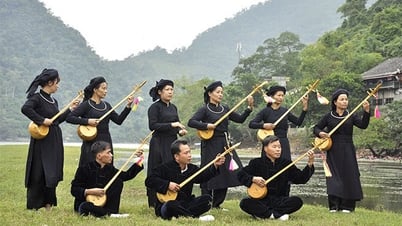

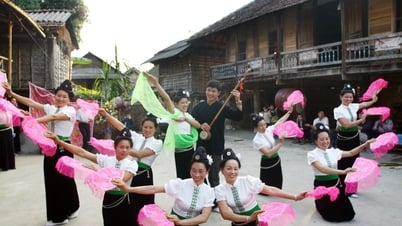

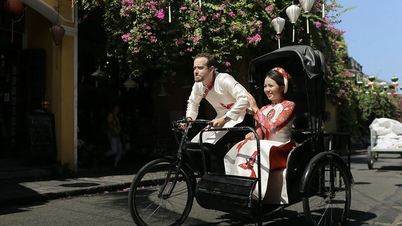


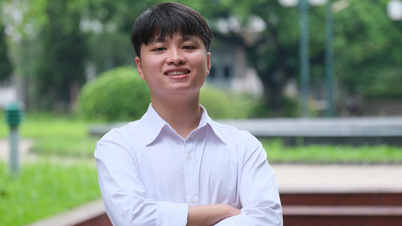



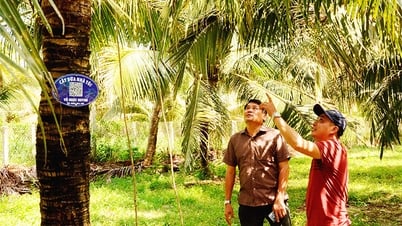
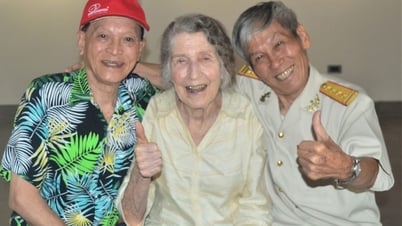



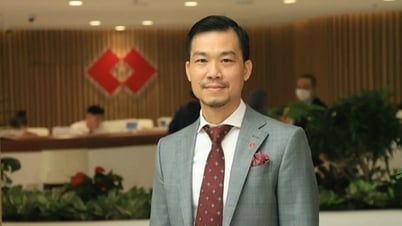
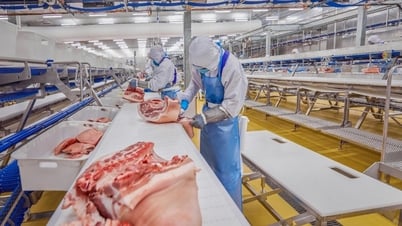
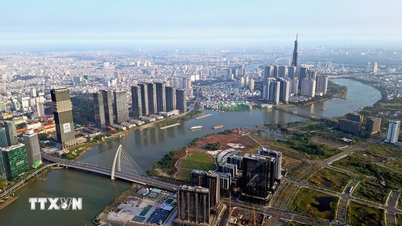

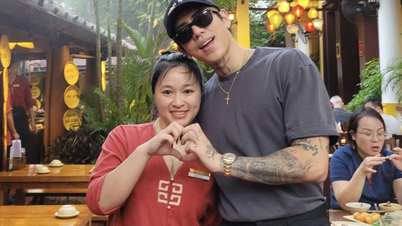
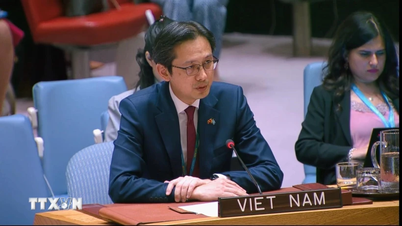
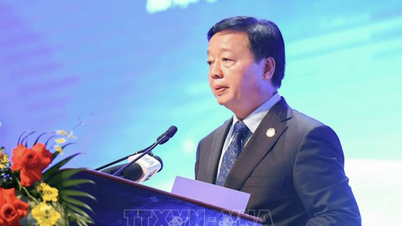
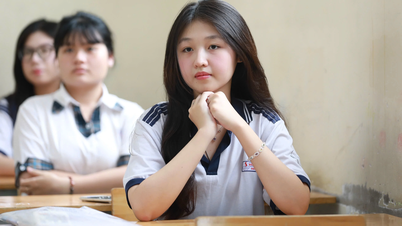
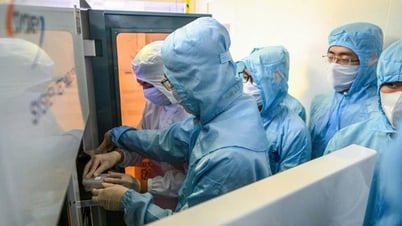

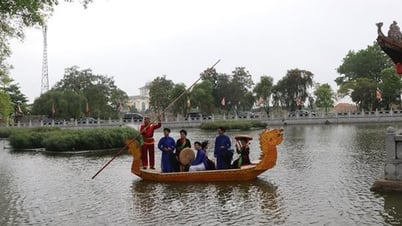

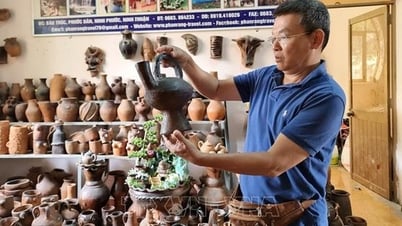
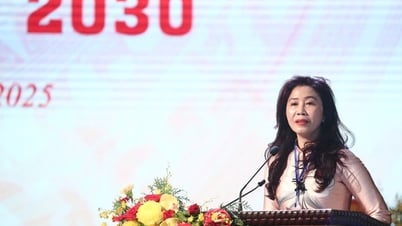
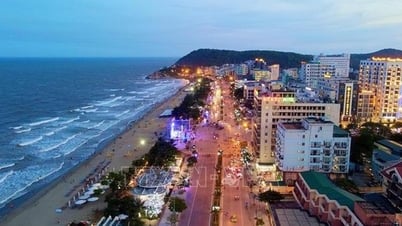
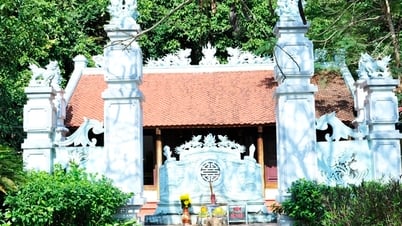
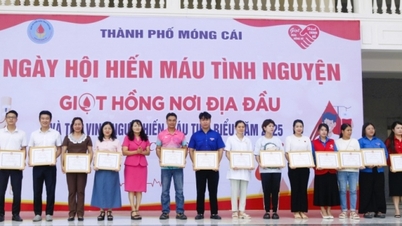

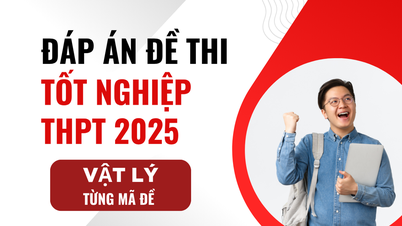

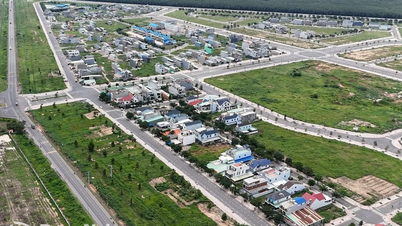

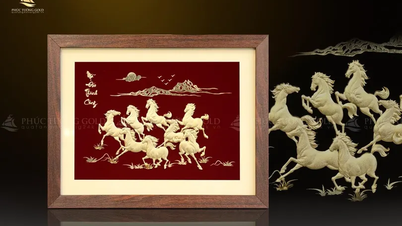

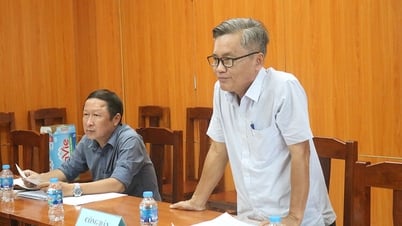











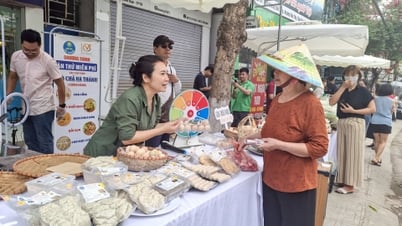


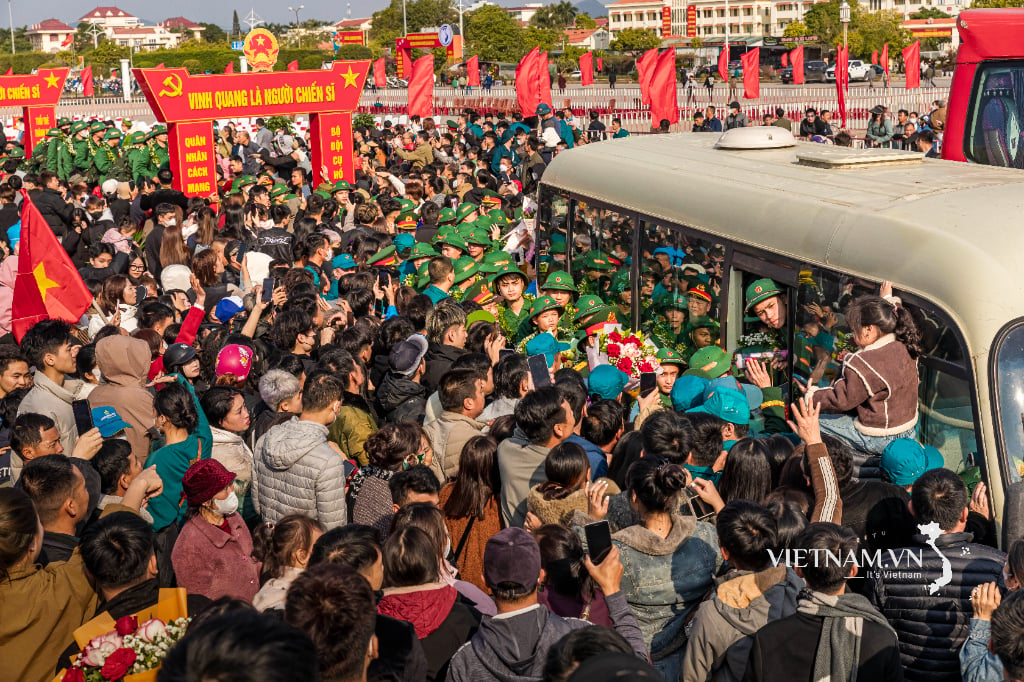

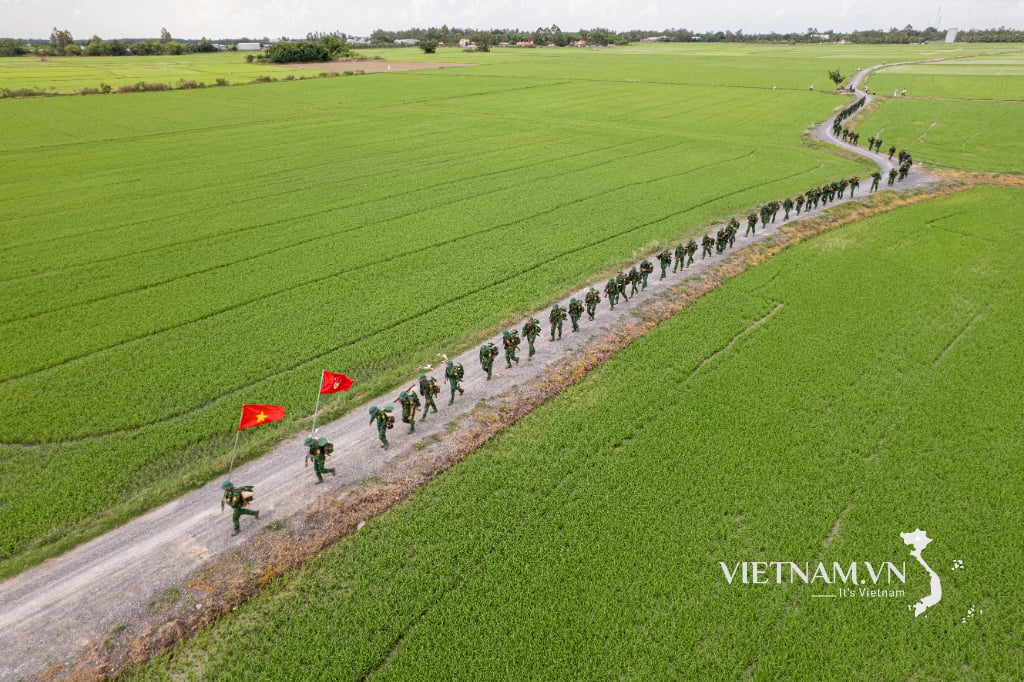
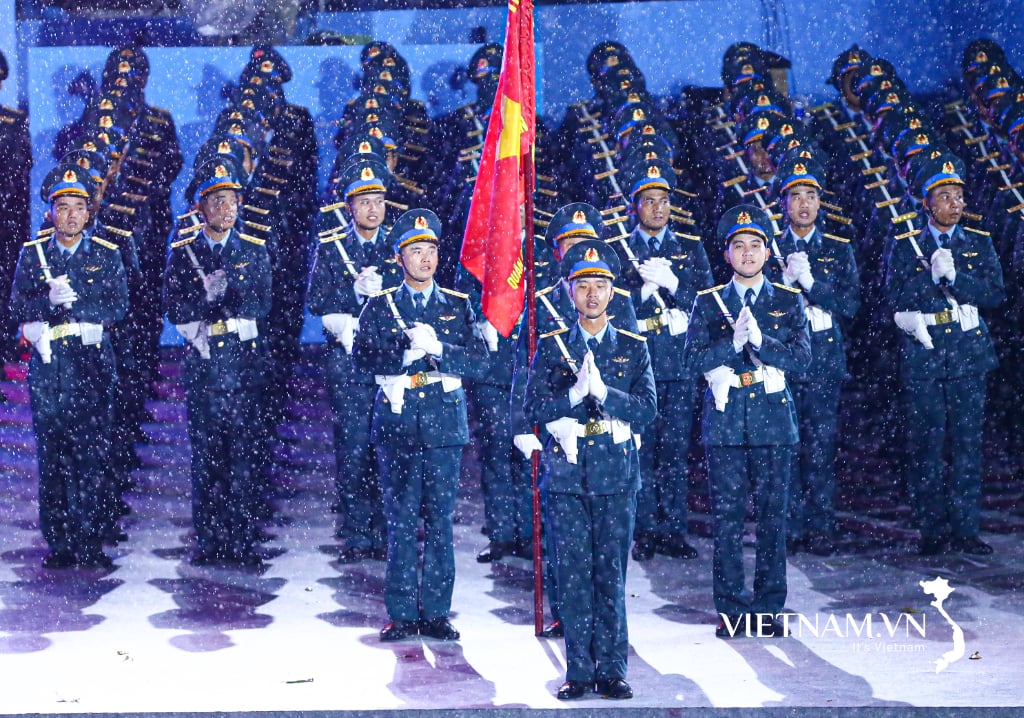
Comment (0)